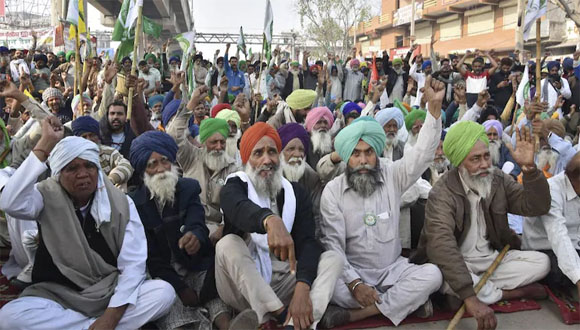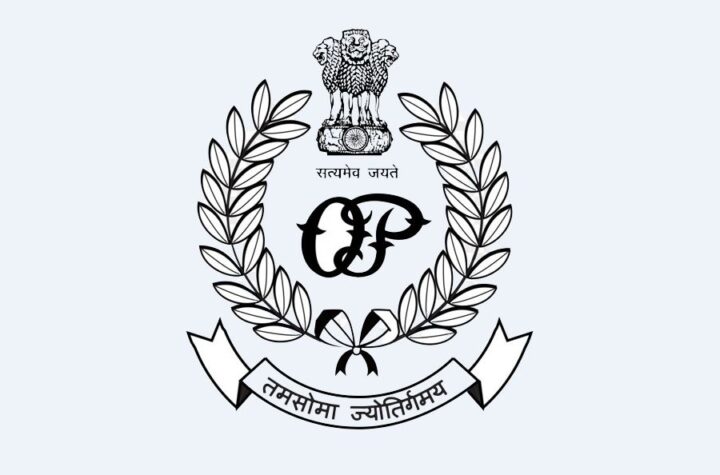There is relief all around after the Samyukta Kisan Morcha (SKM) announced Thursday the end of its 15-month-long agitation at the Delhi borders against the three central laws. Parliament had annulled these laws at the beginning of the Winter Session but the protestors had insisted that the government commit to their various demands in writing if they were to call off the protest. The government has done that. It has assured the SKM that a committee will study the demand on minimum support price, withdraw police cases against protesters, compensate the kin of those who died during the agitation and suspend the penal action against stubble burning. The farmer mobilisations, particularly in Punjab, Haryana and Western UP, had lingered on for too long. For, the government had decided that its majority in the House and its well-meaning intentions were enough, that those who had questions about the laws were either brainwashed by sinister forces or didn’t know better. The protestors ultimately prevailed and forced the prime minister to publicly announce the repeal of the laws. The government should not see this as a defeat but as a learning. That in a constitutional democracy, reforms, especially in agriculture where land is a key factor, need negotiation and accommodation, humility and generosity. There is consensus that Indian agriculture is in desperate need of reforms. These reforms are necessary for farm incomes to rise, productivity to increase, for better storage and distribution of produce, expansion of the market, and to deal with matters such as declining soil fertility and water tables. Much conversation has taken place even among the protesters on these issues, and there is realisation among stakeholders that a stalemate on farm reforms is not sustainable or desirable. But a dialogue on reforms in agriculture hinges on rebuilding trust between the farming community and the government. Farm reforms is a long haul. The conversation should continue and common ground has to be found on issues such as minimum support price, access to credit, a sustainable paying model for electricity and, of course, the high environmental cost of stubble fires.
Governments at the Centre and the states have preferred to ride on electoral sops such as free power and enhanced MSPs to win over farmers rather than address the structural issues that plague the sector, which employs a large share of India’s workforce. Engaging the farming community as an equal may help the government to build the climate to reform. All reforms need sugar pills, bitterness doesn’t help. The end of the protests, therefore, should mark a new beginning.











More Stories
‘Still poor country’: India going to become third largest economy in world
Viksit Bharat, Viksit Odisha: PM Appeals to State People to Vote for BJP
Odisha Crime Branch arrests 3 Directors of 2 Fintech companies for Cyber Fraud